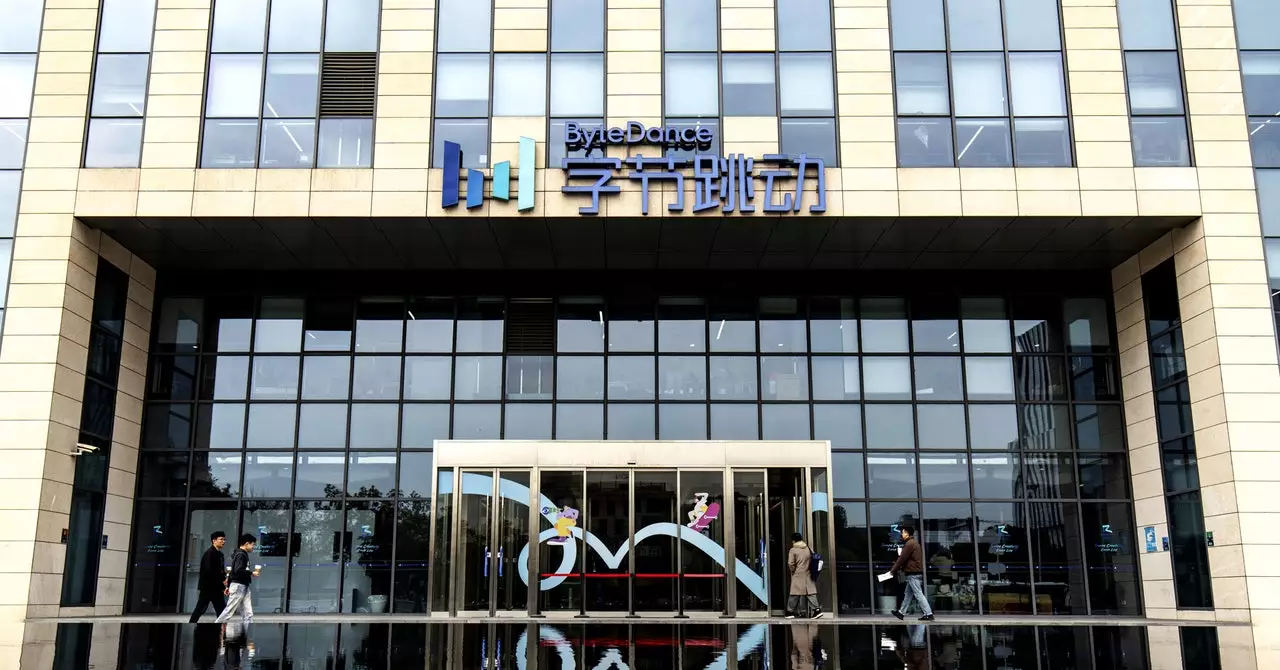In a striking turn of events, Keyu Tian, a recent master’s student in computer science at Peking University and a former intern at ByteDance, has grabbed headlines not only for his groundbreaking research but also for being embroiled in allegations of professional misconduct. This week, he was celebrated as a winner of the prestigious Best Paper Award at the Neural Information Processing Systems (NeurIPS) conference, which is recognized as one of the elite gatherings of machine-learning experts. However, the accolades come against a backdrop of severe accusations that could tarnish the significance of this achievement.
Tian’s paper, titled “Visual Autoregressive Modeling: Scalable Image Generation via Next-Scale Prediction,” was heralded for its innovation in creating AI-generated images more efficiently than existing technologies. Despite this groundbreaking work, his past actions at ByteDance, including allegations of sabotaging his colleagues’ research efforts, cast a long shadow over his accomplishments. Just a month prior to his NeurIPS success, ByteDance filed a lawsuit against Tian seeking over $1 million in damages, alleging that he intentionally undermined other projects. The juxtaposition of such a serious legal claim against a young researcher receiving one of the highest honors in AI research raises critical questions about the integrity and ethics of both academic and corporate environments.
The decision by the NeurIPS committee to recognize Tian’s paper quickly sparked conversations across social media platforms, highlighting a complex interplay between ethics and accomplishments in academia. Critics, including Abeba Birhane, head of the AI Accountability Lab, voiced their concerns by questioning how a conference that emphasizes strict ethical guidelines could disregard such troubling allegations linked to one of its award winners. Such remarks underline a perceived inconsistency between the conference’s stated values and its actions.
Birhane’s comments and broader discussions resonate with stakeholders in the academic community about the mechanisms that govern awards and recognition within the field. When the integrity of the research process is compromised, as suggested by allegations of misconduct, award-giving bodies like NeurIPS may inadvertently be seen as endorsing behaviors that contradict their foundational principles.
In response to the backlash, NeurIPS representatives clarified their review process, emphasizing that awards are based solely on the scientific merit of the papers regardless of the authors’ backgrounds. They reiterated that the selection process was conducted through a blind review, designed to evaluate work impartially. However, the effectiveness of such policies in mitigating concerns surrounding authors’ conduct raises critical questions about transparency and accountability in research evaluations.
As the debate unfolds in both academic and public spheres, the case of Keyu Tian serves as a cautionary tale about the potential repercussions of failing to integrate ethical considerations into the evaluation of scientific accomplishments. Moving forward, it becomes vital for academic institutions and conferences to develop frameworks that carefully consider both the integrity of the research process and the character of those who contribute to it. Only through a holistic evaluation can the credibility of scientific discourse be preserved.


Leave a Reply